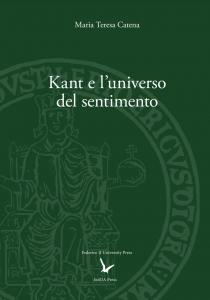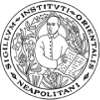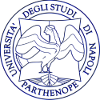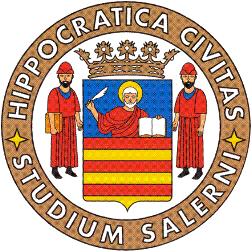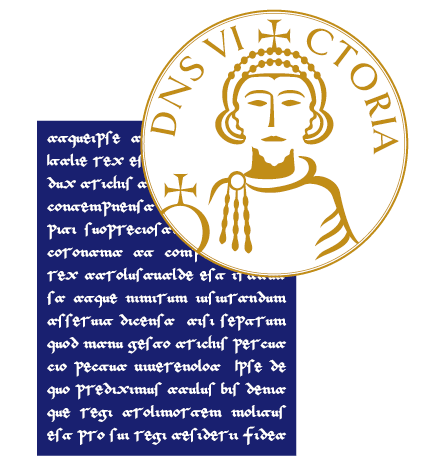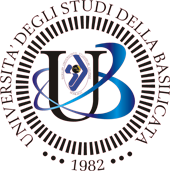Kant e l’universo del sentimento
Keywords:
sensitivity, sentiment, reflection, judment, common senseSynopsis

Editore: FedOA - Federico II University Press
Series: Miscellaneous
Pages: 135
Language: Italian
Abstract: By reflecting on some moments of Kant’s thought, with a specific focus on the themes of sensitivity and sentiment discussed in the Critique of Pure Reason and in the Critique of Judgement, this volume attempts to identify some issues – sensitivity as an anti-mimetic capacity for shaping, sentiment as an impersonal space and reflection on a Self that is not enclosed whitin its private sphere – that, in times like these, marked by a growing and violent desensitization, can, or rather, they should, regain the space for a potential reconsideration.
Downloads
